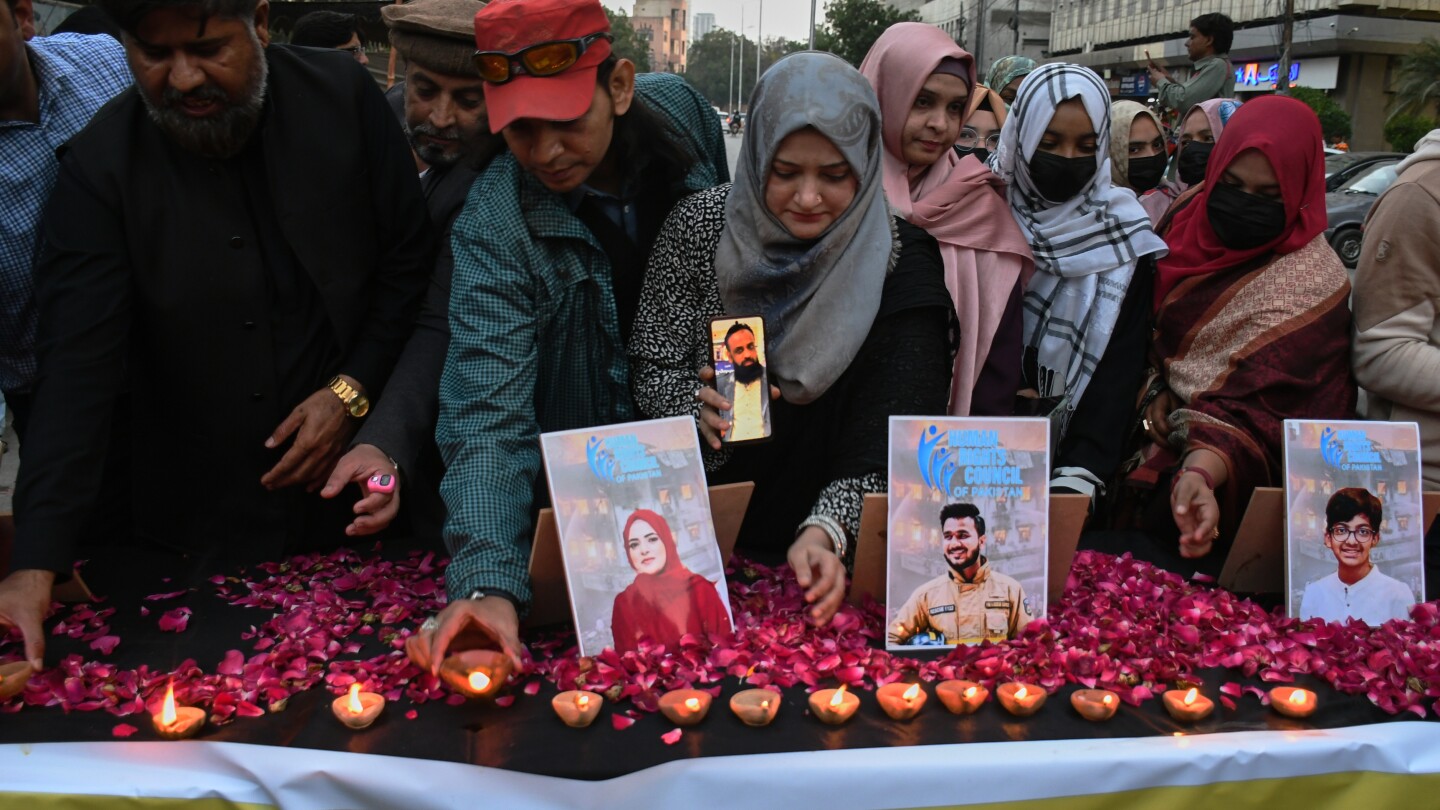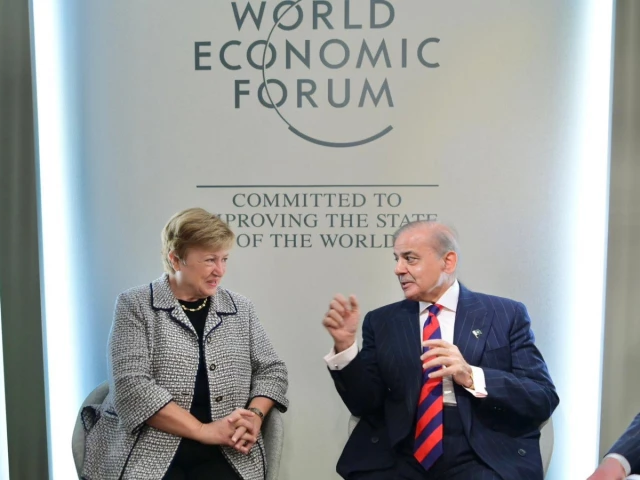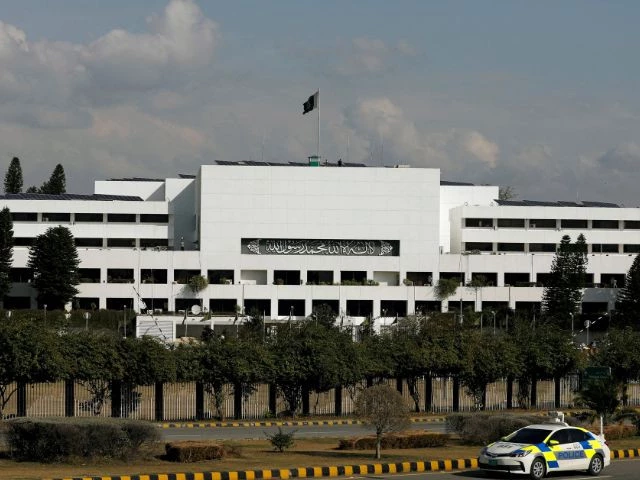- Analyst hails government’s vision to lift Pakistan as a global economic player RADIO PAKISTAN
- PM Shehbaz arrives in Davos for World Economic Forum Dawn
- Pakistan moving forward with ‘sense of achievement and progress’, PM Shehbaz says on WEF’s…
Category: 1. Pakistan
-
Analyst hails government’s vision to lift Pakistan as a global economic player – RADIO PAKISTAN
-
Fawad Rana wins messy arbitration against brothers Atif and Sameen over Lahore Qalandars ownership – Profit by Pakistan Today
- Fawad Rana wins messy arbitration against brothers Atif and Sameen over Lahore Qalandars ownership Profit by Pakistan Today
- Tribunal rules against current management of Lahore Qalandars Dawn
- Atif and Sameen Rana Ordered by Arbitrator to Pay Rs….
Continue Reading
-
CM Punjab announces telemedicine system, cardiac surgery services in Jhang – RADIO PAKISTAN
- CM Punjab announces telemedicine system, cardiac surgery services in Jhang RADIO PAKISTAN
- CM announces introduction of telemedicine system Business Recorder
- Maryam Nawaz inaugurates cath lab project at Jhang DHQ Hospital Dunya News
- Free cancer,…
Continue Reading
-
Dozens of body parts are found after Pakistan's shopping plaza fire – The Washington Post
- Dozens of body parts are found after Pakistan’s shopping plaza fire The Washington Post
- At least 20 bodies found at single shop as rescuers comb through wreckage of Karachi’s Gul Plaza Dawn
- Foreign missions express condolences over Gul Plaza…
Continue Reading
-
Pakistan set for rapid growth in key sectors: PM Shehbaz – RADIO PAKISTAN
- Pakistan set for rapid growth in key sectors: PM Shehbaz RADIO PAKISTAN
- PM Shehbaz arrives in Davos for World Economic Forum Dawn
- Pakistan moving forward with ‘sense of achievement and progress’, PM Shehbaz says on WEF’s sidelines The Express…
Continue Reading
-

Dozens of body parts are found after Pakistan’s shopping plaza fire
KARACHI, Pakistan (AP) — The toll from a deadly fire at a shopping plaza in Pakistan’s largest city could rise sharply after Wednesday’s discovery of body parts thought to belong to over a dozen…
Continue Reading
-

PM Shehbaz kicks off Davos engagements with meeting with Palestinian PM
Aurangzeb reviews economic reform agenda with ADB president; FM Dar inaugurates Pakistan pavilion
A meeting with Prime Minister Shehbaz Sharif and IMF Managing Director Kristalina Georgieva at the World Economic Forum meeting in Davos, Switzerland…
Continue Reading
-
Pakistan PM meets Palestinian counterpart as Islamabad eyes increasing engagement at WEF summit – Arab News
- Pakistan PM meets Palestinian counterpart as Islamabad eyes increasing engagement at WEF summit Arab News
- PM Shehbaz arrives in Davos for World Economic Forum Dawn
- PM stresses commitment to fiscal discipline Business Recorder
- Pakistan moving…
Continue Reading
-
‘What’s being done for the future?’: Yasir Hussain asks what will change after deadly fire at Karachi’s Gul Plaza – Dawn
- ‘What’s being done for the future?’: Yasir Hussain asks what will change after deadly fire at Karachi’s Gul Plaza Dawn
- Edhi says more body parts recovered from Gul Plaza debris as search operation continues Dawn
- Deadly Gul Plaza fire…
Continue Reading
-

NA passes bill to keep lawmakers’ assets secret for up to a year
Election law amended as opposition warns of curbs on transparency and court powers
ISLAMABAD:…
Continue Reading